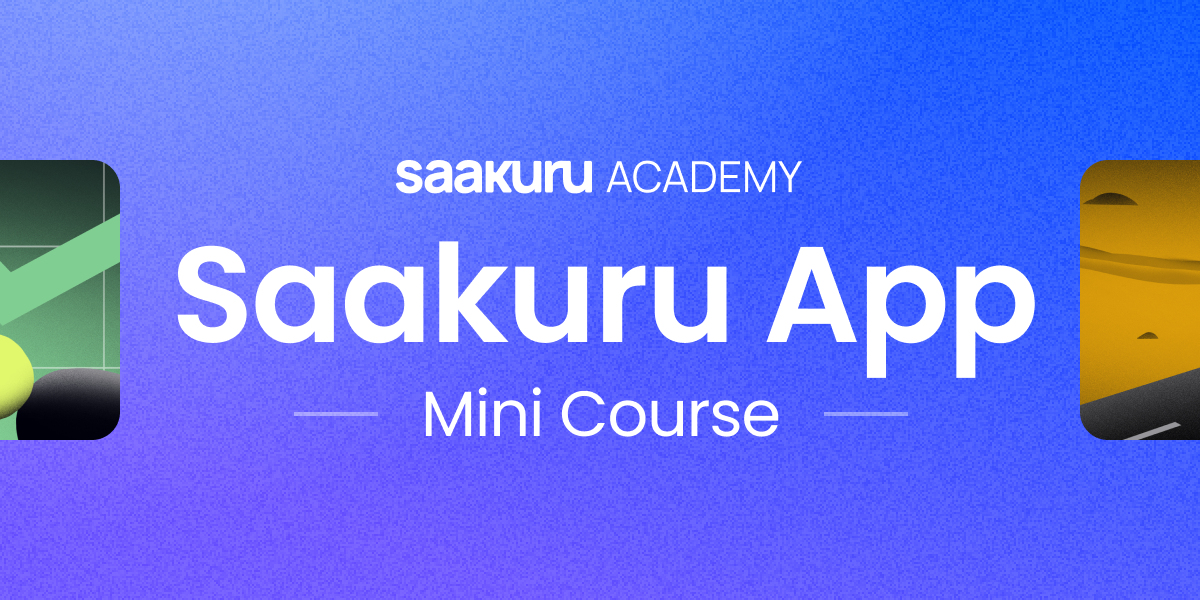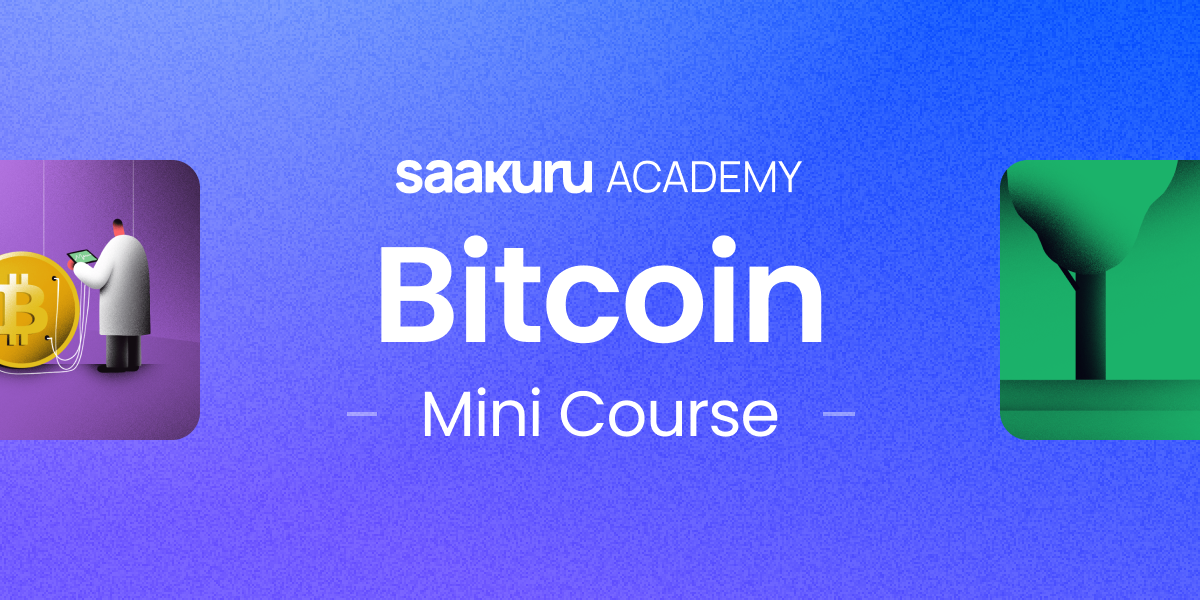
What is a private key? What is a seed phrase? What is the difference?
If you’re planning to use a decentralized wallet to facilitate your cryptocurrency trading plans, you will soon be bombarded with mentions of private keys, public keys, and seed phrases. With that being the case, it’s a great idea to understand exactly what these things are before you get started with a decentralized cryptocurrency wallet for the first time.
The good news is that while keys and seed phrases can be daunting at first, they’re actually pretty easy to understand. In this AAG Academy Guide, we’ll teach you what you need to know as a cryptocurrency newcomer and explain why keys and seed phrases are essential.
What is a private key?
A private key is like a digital fingerprint for your own cryptocurrency transactions. It proves ownership of your assets and allows you to use them — whether you’re spending them on a product or service, swapping them, or transferring them to someone else. A private key is typically made up of a long string of characters (letters and numbers) that is totally unique.
Without a private key, you can hold onto cryptocurrency assets, but you cannot do anything with them. It’s a little like having a vault full of cash, but no key to open it. It’s important that you do not lose your private key, and just as important that you never share it with anyone. If someone else gains access to it, they are free to use your assets.
No one else can see your private key when you perform a transaction of any kind, but it is used by the blockchain to verify ownership of the assets being used.
What is a public key?
A public key is another long string of digits that is tied to a private key. In fact, the private key is used to generate the public key. However, the public key — as its name suggests — is public and can be seen by anyone on the blockchain. This is the key that identifies where an asset came from, and where it went to. You can think of it like a bank account’s IBAN number.
Your public key (not your private key) is what you might give to someone else when they want to send you cryptocurrency — and it is perfectly safe to share. No one can identify you by your public key, and it is not possible to gain access to your wallet or the assets it holds without also knowing the private key that goes with it.
You might be interested in: What is a cryptocurrency wallet?
How do I make a crypto private key (and a public key)?
Fortunately, you should never have to worry about manually creating a public and private key for your cryptocurrency. These things are generated for you when you open a new crypto wallet, and they’re safely stored inside the wallet itself, so there’s no need to remember them.
There is an exception to this rule, however. If you choose to use a “cold” storage wallet, which is a physical device that is only connected to the blockchain when you actually plug it into a computer and use it, you’ll need to take responsibility of your public and private keys yourself.
Very few traders and investors use cold storage wallets today, and for newcomers especially, “hot” storage wallets — like those you might download to your smartphone or access through a browser — tend to be easier to set up, easier to use, and much more convenient, since they give you access to your funds and the ability to trade anywhere and at any time.
How does a seed phrase work?
A seed phrase is a collection of words that provides access to your decentralized cryptocurrency wallet app. Since decentralized wallets operate on anonymity and don’t require you to sign up for an account like a centralized wallet, they do not have traditional usernames and passwords, so seed phrases are used instead.
Like your public and private keys, seed phrases are usually generated for you, and you won’t have to worry about them most of the time. You won’t be required to enter your seed phrase every time you open your wallet. Instead, you’ll use a PIN number or biometric security.
However, it is critical that when you are first issued a seed phrase for your wallet, you make a note of it somewhere safe — like in a password manager — in case you need it in the future. If you lose the device your wallet app is stored on, you will need your seed phrase to access the same wallet on another device. Without the seed phrase, there’s no way to recover it.
And since a seed phrase is the only thing that protects your decentralized wallet, it’s imperative that you never share this with anyone. A seed phrase is all that is required to access all the assets in your wallet — and the private key needed to use them.
What is the difference between private keys and seed phrases?
Both a private key and a seed phrase are important for gaining access to your cryptocurrency assets and using them. However, they are very different things. While a private key is used to prove ownership of an asset and authorize transactions, your seed phrase simply provides access to the wallet app in which your cryptocurrency assets are held. You do not need to enter your seed phrase to spend cryptocurrency — only to access your wallet.
What are the benefits of private keys and seed phrases?
The biggest benefit of a private key, as we mentioned above, is that it prevents your cryptocurrency assets from being used by someone else. Without this unique string of characters, which proves ownership of your cryptocurrency tokens, they simply cannot be spent, swapped, or transferred to another wallet.
The biggest benefit of a seed phrase is that it protects your cryptocurrency wallet without requiring you to create an account with a username and password — which could be easily guessed. It is a collection of words that must be entered in the right order to access your wallet. You’ll need it if you ever want to access your wallet on another device.
References
Frequently Asked Questions
A seed phrase will be generated for you when you create a new decentralized wallet. It’s important to store this somewhere safe in case you ever need to access your wallet on another device in the future. Never share your seed phrase with anyone.
In most cases, your private key is stored for you inside your decentralized wallet, so you’ll never need to worry about it.
Not necessarily. It depends on the context. Some wallets may refer to a seed phrase as a recovery phrase or a secret phrase, but those terms can also be used in lots of other scenarios. A seed phrase almost always applies to cryptocurrency wallets.
Disclaimer
This article is intended to provide generalized information designed to educate a broad segment of the public; it does not give personalized investment, legal, or other business and professional advice. Before taking any action, you should always consult with your own financial, legal, tax, investment, or other professional for advice on matters that affect you and/or your business.
Get news first
Be the first to get our newsletter full of company, product updates as well as market news.

















